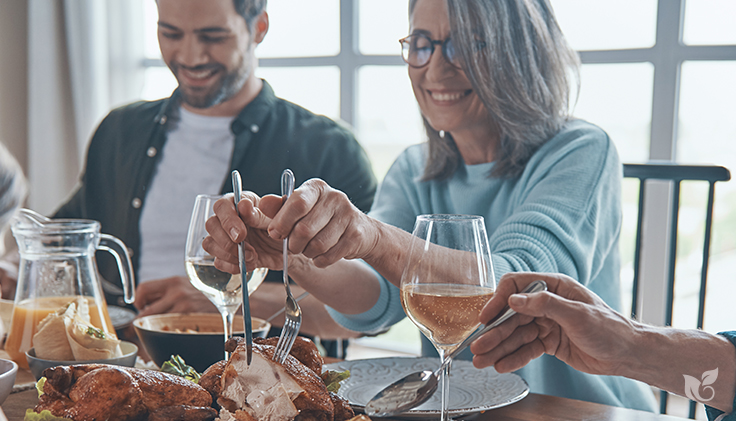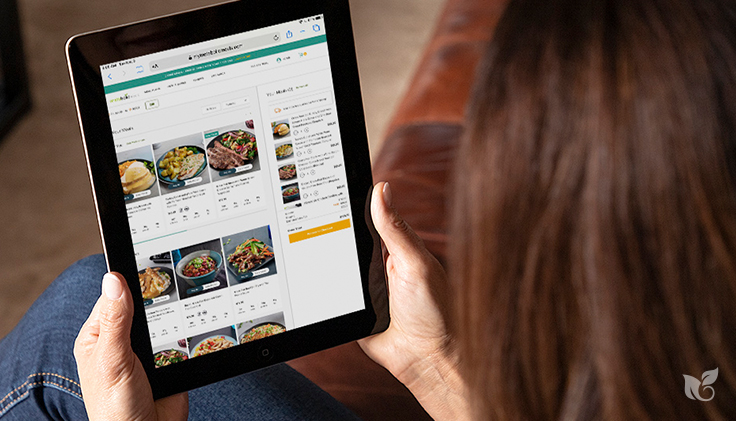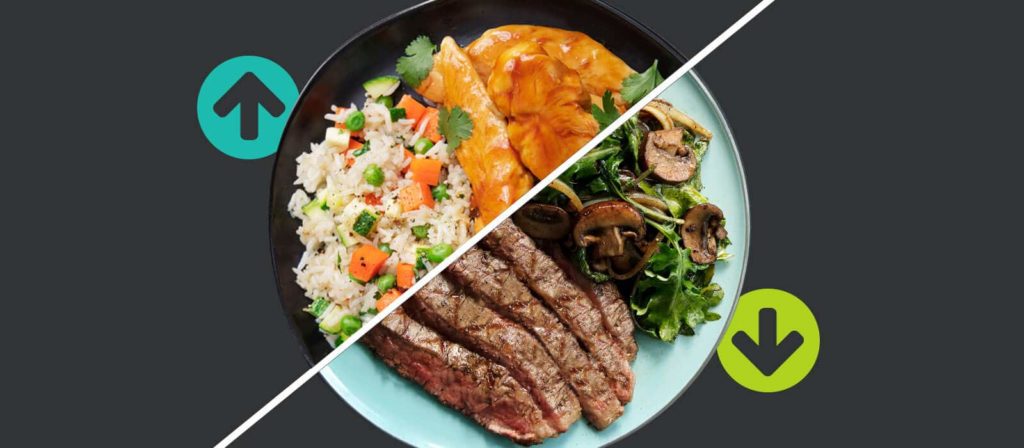Few things in life are as satisfying and comforting as home-cooked holiday food. In fact, it’s so satisfying that we readily accept the weight gain and often the guilt that comes with overindulging every holiday season.
Fortunately, you don’t have to accept it this year. The holidays shouldn’t be a vacation from maintaining your good health and fitness, even if you are strongly encouraged to overeat. By being cautious of the urge to do so, you can enjoy every dish while minimizing its nutritional damage to your body.
A Holiday Recipe for Weight Gain
Most of the foods we indulge in during the holidays have little to no nutritional value. This is why it’s no surprise that we tend to gain so much weight. However, it doesn’t explain why we’re so helpless to resist second or third helpings when we’re usually much more cautious with our diets.
The weeks between Thanksgiving and New Year’s Day are packed with social pressure, stress, emotional highs and lows, and almost every other factor that could influence weight gain. In the best of times, you can be laughing with friends and family around the table, eating more just to keep the ambience going. In others, you might be stress-eating the last half of a pumpkin pie to calm your nerves.
Being away from home or being at home with a house full of guests also breaks up your daily routine. It’s hard to stick to your exercise regimen, and it can be more difficult to refrain from overindulging in unhealthy foods. Stress and emotion plus physical inactivity and poor nutrition equal the perfect recipe for excess weight gain during the holidays.
Why It Matters More Than We Realize

The consequences of even slight weight gain during the holidays are often underestimated. Your immediate concern might be how tight your jeans feel, but there are potentially serious health complications that can come with packing on those few extra pounds.
First, consider the excessive amount of carbohydrates, sugar, and low quality fats in holiday foods — all three have negative effects on health and lead to weight gain. Ingesting too many carbohydrates can lead to problems regulating blood sugar, and too much sugar in your diet increases your risk of heart disease. Additionally, as your body breaks down a lot of extra fat, your gallbladder is forced to go into overdrive, secreting more bile to help with fat digestion. The significant rise in gastric acid can produce symptoms of acid reflux for hours after you’ve finished your meal.
Besides acid reflux and indigestion, which are common when you eat too much too fast, inhaling a large meal can also directly raise your risk of a heart attack. Your body has to work harder to digest the meal, and bring blood sugar back to reasonable levels.
These and many other conditions can arise directly from months long overindulgence on empty holiday foods. The key to avoiding them, then, is not to avoid enjoying the holidays but rather to avoid overeating the ENTIRE WEEK.
Indulge Responsibly During the Holidays
Your body might be used to taking a ton of nutritional damage during the holidays, but every time it does, your body is less prepared to handle it again next year. Instead, break the cycle and enjoy your health and fitness success all year ’round with these four strategies:
1. Stay physically active.

With an increase of calories that is inevitably eaten, a holiday week is NOT the time to decrease exercise. After dinner, take a stroll around the block or go to the park and play basketball with the kids until it gets dark. You don’t have to hit the gym after every meal; just find fun ways for everyone to be active together. This is especially important if you have to postpone your typical workout routine for a few days.
2. Save the unhealthy foods for celebrations.

At Thanksgiving and holiday feasts, you can be expected to indulge in empty but delicious foods a little more than usual. But don’t let the one-time cheat throw you off for the whole day or week. Start every day with a healthy breakfast that’s high in fiber and rich in protein, and during the party, balance your plate with plenty of protein and vegetables. Lastly, don’t starve yourself before the party — if you do, you’ll be more likely to reach for the fattiest, most sugar-rich foods.
3. Always stay hydrated.

In addition to the unhealthy levels of calories during the holidays, you’ll find plenty of cocktails and juices to wet your beak. Rather than quench your thirst, these sugary and acidic beverages will only make you thirstier, which your brain can confuse with hunger. Stick to drinking six to eight glasses of water every day to avoid confusing your brain and body. Before large meals, drink two glasses so you can exercise better portion control.
4. Prep your healthy meals.

To keep the unhealthiest foods confined to celebrations, you’ll have to make sure the rest of your meals contain nutritionally valuable foods. With the hustle and bustle of the holidays, preparing healthy meals during the day can be challenging — if not outright impossible. Before the season gets into full swing, build out a meal schedule for the holidays and prepare your meals in advance. Or take advantage of a meal prep service that can deliver healthy meals right to your door.
Every year, we overeat our way through the holidays and then absolve the guilt of it by spending the first months of the next year trying desperately to shed the excess weight. Enjoy your holidays and the new year more fully by recognizing the dangers of overeating and planning ahead to control any nutritional damage your body incurs.






